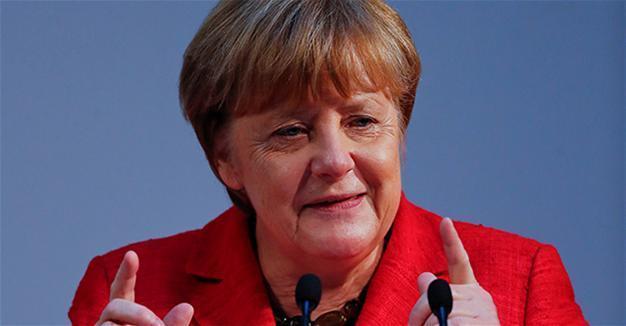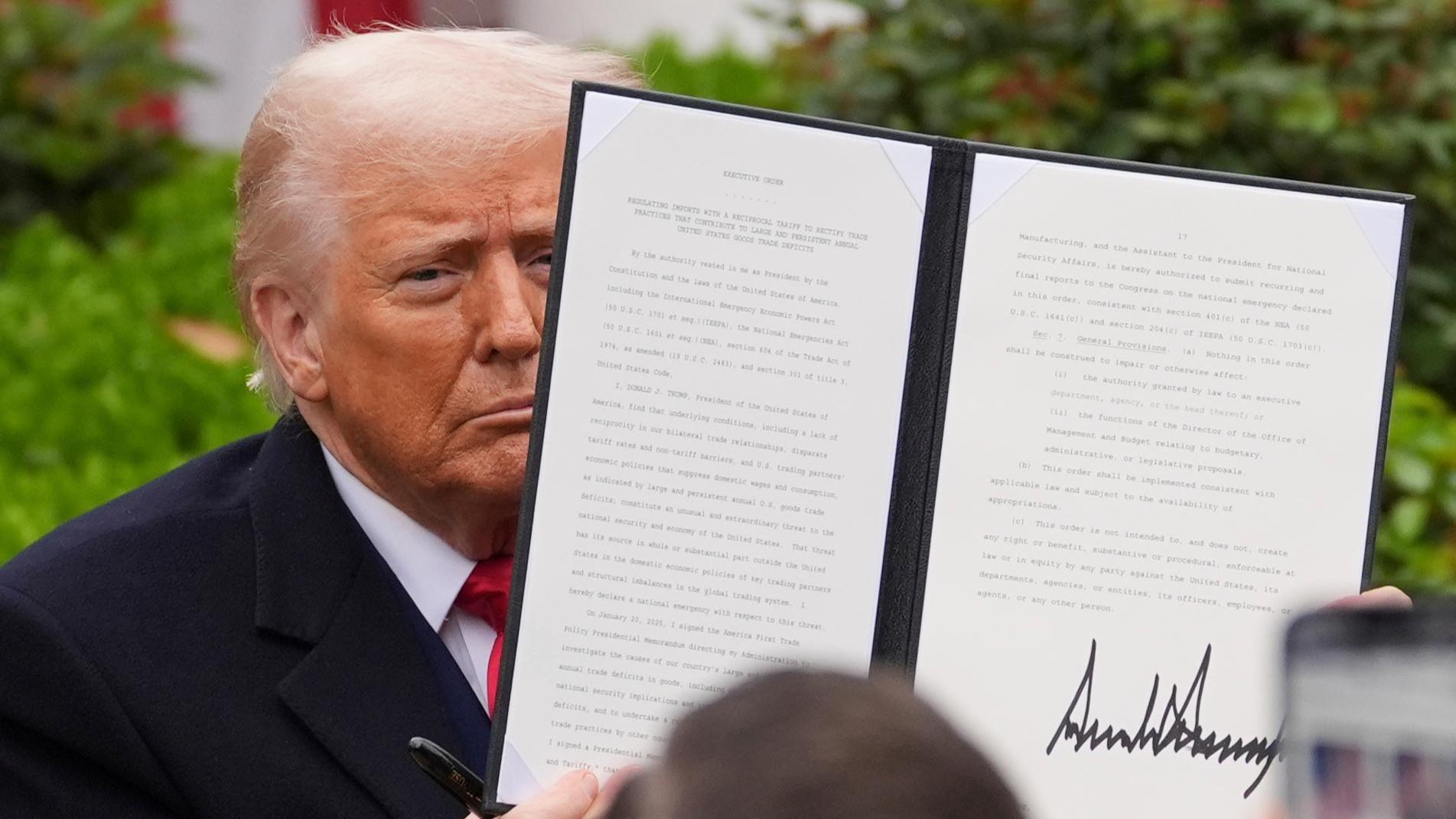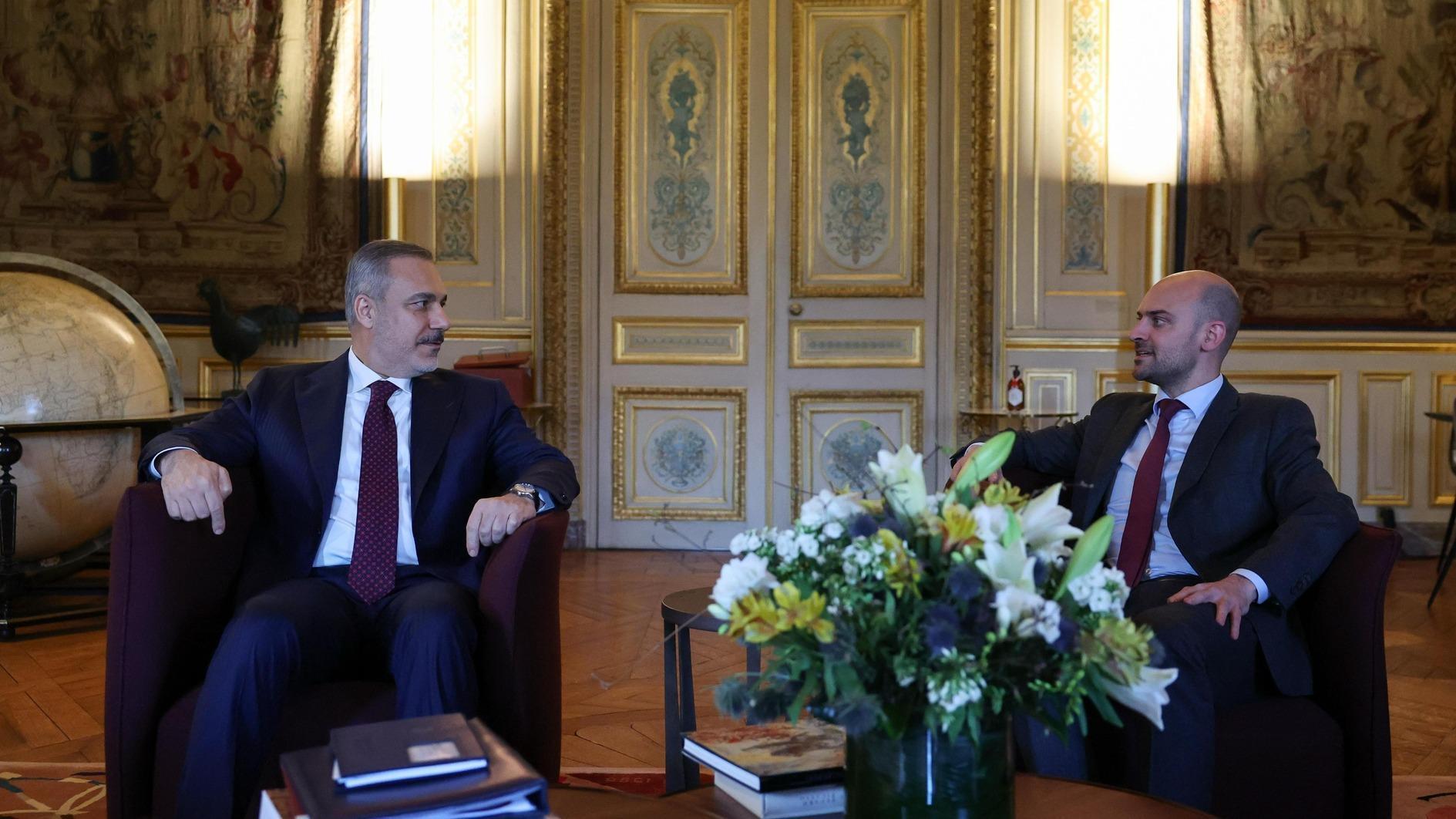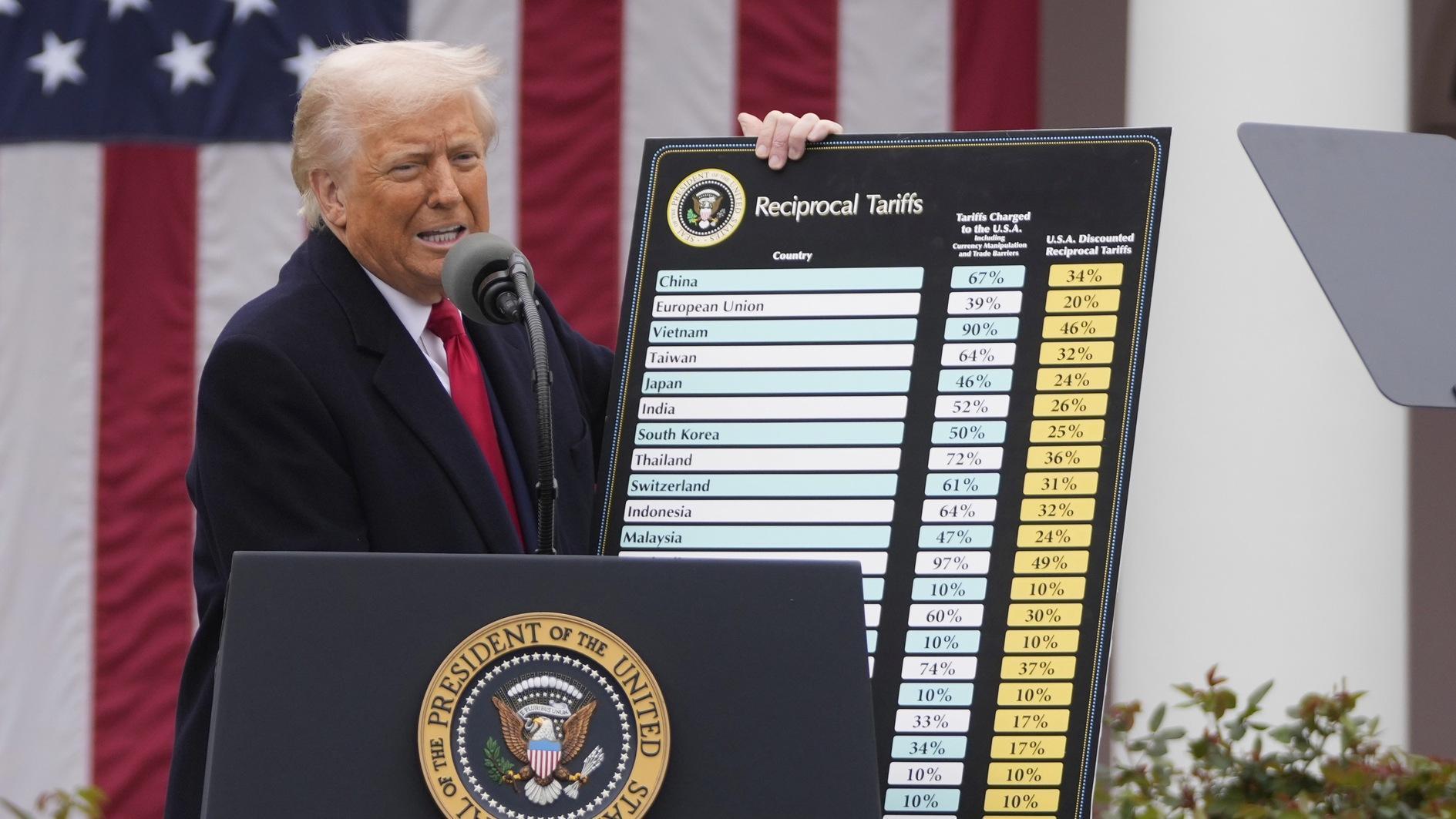Merkel rules out Turkish vote in Germany on death penalty
BERLIN

REUTERS photo
German Chancellor Angela Merkel on May 9 ruled out any participation on German soil in a potential Turkish referendum on bringing back the death penalty in the country.Immediately after winning the April 16 referendum on constitutional amendments, President Recep Tayyip Erdoğan mooted a second referendum on reinstating capital punishment, which would mean an end to the country’s EU membership prospects.
Merkel said Berlin would not make it possible for the 1.4 million Turkish voters living in Germany to participate if the referendum were to be held.
“We will not give permission for something we are not obligated to do, and whose content we absolutely reject, for example, the death penalty,” she told public broadcaster WDR.
Turkey abolished the death penalty in 2004 as a key pillar of its bid to join the EU.
Previously, the chairman of the Social Democratic Party (SPD), Martin Schulz, had also stated that Berlin would not let Turkish expats vote in the potential referendum on reinstating capital punishment.
“If the Turkish government really does hold a referendum on reinstating the death penalty, it must be clear that such a vote cannot take place among the Turks living in Germany,” Schulz told German Der Spiegel magazine.
“We cannot allow voting in Germany that contradicts our values and our constitution,” he added.
Foreign Minister Sigmar Gabriel had also stated that the move would be “synonymous with the end of [Turkey’s] European dream” and mark the end of decades of negotiations to enter the European Union.
There have been frequent calls for capital punishment to be reinstated in Turkey, following its abolition in 2004 as part of reforms aimed at securing EU membership, particularly after the failed July 2016 coup attempt.
Since the attempted takeover, Erdoğan has repeatedly voiced his willingness to approve the restoration if parliament approves it. He also stressed that the country could head to yet another referendum to decide on whether to restore capital punishment if parliament disapproves of the change.
Right after his victory in the April 16 referendum on constitutional amendments, Erdoğan said he would immediately discuss the issue with the prime minister and the leader of the opposition Nationalist Movement Party (MHP).
The April referendum had already opened a new rift between NATO allies Germany and Turkey and inflamed tensions within Germany’s three-million-strong community of Turkish origin.
After Germany and the Netherlands blocked campaign events by Turkish ministers in March ahead of the vote, Erdoğan repeatedly accused both countries of using “Nazi” methods.
















